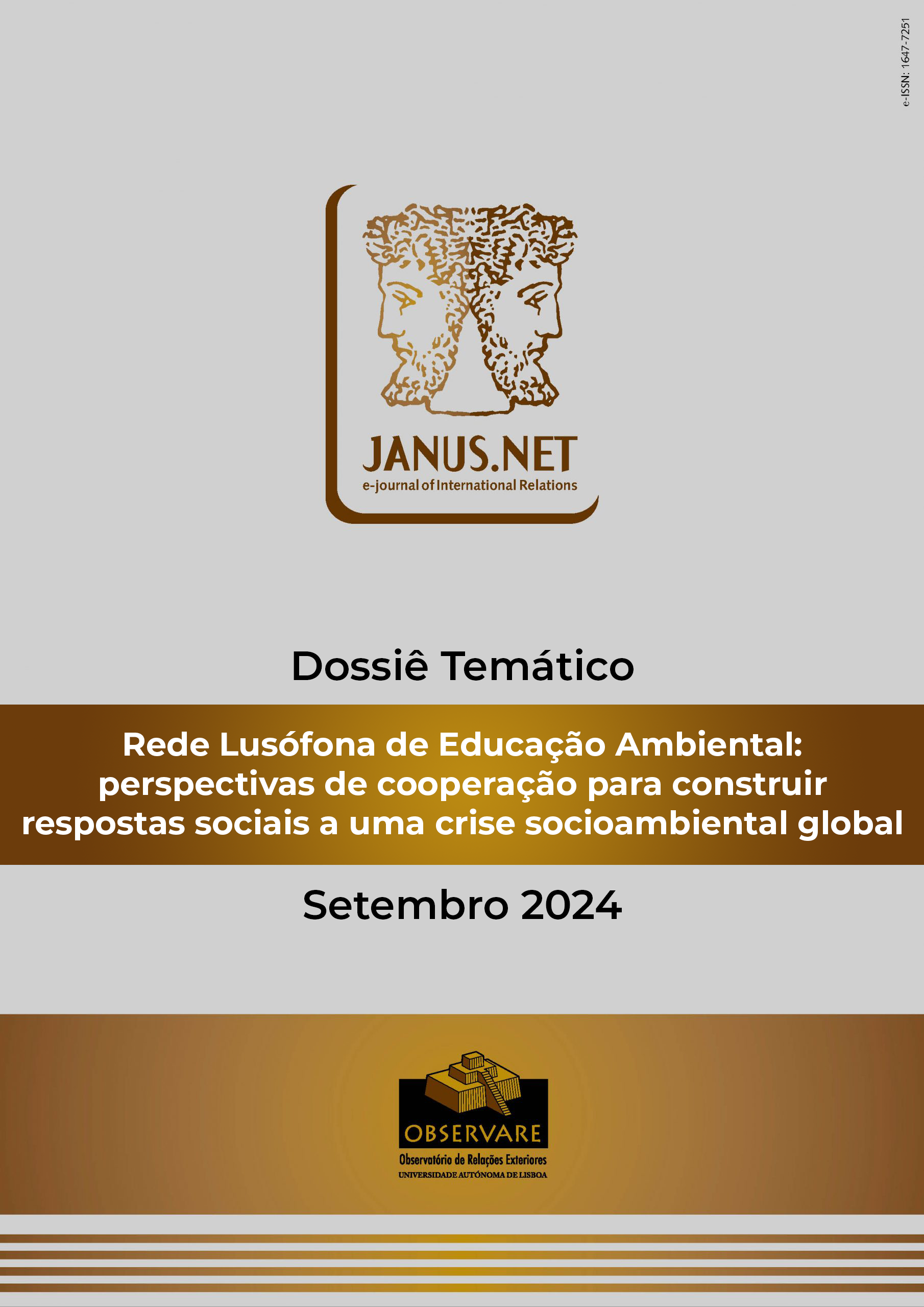EDUCAÇÃO, SUSTENTABILIDADE E CONHECIMENTO ECOLÓGICO LOCAL
DOI:
https://doi.org/10.26619/1647-7251.DT0224.5Keywords:
Environmental Education, Active Citizenship, Digital Literacy, Fishing Community, Ecological KnowledgeAbstract
As part of the Ocean Literacy Observatory - OLO, which is part of the Centre for Marine and Environmental Sciences - MARE, at the NOVA University Lisbon Regional Unit - NOVA, the research carried out at the Caparica School Group, with the student community of fishermen from the town of Costa de Caparica - Portugal, aims to value the informal knowledge of these students, which is strongly rooted in Local Ecological Knowledge (LEC) and Traditional Ecological Knowledge (TEC). The aim is to discuss how the processes of ecological belonging in the students' actions are compromised by social, cultural and economic factors. Based on the observation and analysis of socio-ecological practices, using mixed methodologies - Critical Ethnography and Design-based-Research, the aim is to (1) implement the Virtual Museum, co-constructed with these same students in a doctoral study, aimed at training the community; (2) create a local curriculum revealing ancestral and identity knowledge, (3) disseminate, through digital environments, the identification of problems related to the sustainability of the community in question. The technological skills developed at the Museum will be useful in two of the project's dimensions: 1 - digital literacy to promote employability, digital citizenship, access to information, identity and socialisation, particularly for those involved in the various functions; 2 - technology as a contribution to sustainability and the environment - the "Virtual" Museum complementary to the reality of the fishing communities - a digital twin - of this fishing world.


